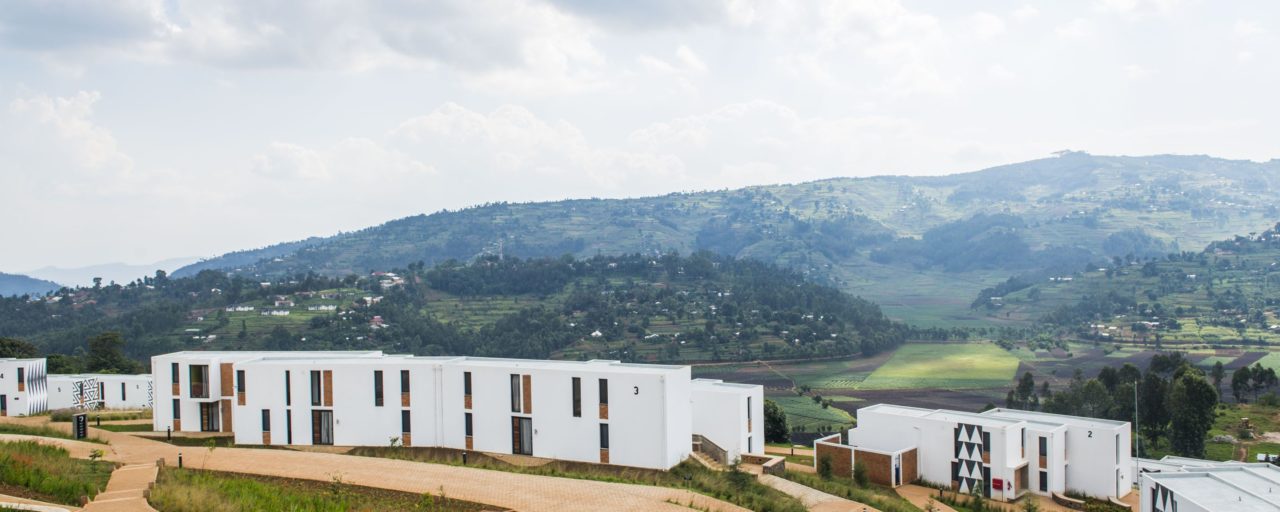The following op-ed by Wagner Foundation founder and CEO, Charlotte Wagner, was originally published by The Financial Times 11/22/2019 in response to the Ebola outbreak in the DRC. The article details how global health failures have left the world vulnerable to pandemics. One month after publication, the first COVID-19 case was reported in Wuhan, China. From Ebola to COVID-19, the failures of health systems and the importance of investing in health equity has become even more evident.
Original Article
-
Global health failures represent a risk to all in our interconnected world. And terrifying, contagious diseases like Ebola attract international attention partly due to their potential to spread rapidly.
Even before new Ebola infections were winding down in the 2014 outbreak, organisations on the ground called for more than an emergency response: long-term, systemic investments to build healthcare networks were needed to truly stop the Ebola risk. Unfortunately, international leadership focused on disease control without improving the health systems that led to the rapid spread of Ebola. As a result, the disease remains a concern. As anticipated, Ebola re-emerged in 2018, this time in the Democratic Republic of Congo.
In this era of globalisation, there is a growing awareness of our common vulnerabilities. This is evident in measures such as Japan developing Ebola protocols for the 2020 Olympics. But healthcare professionals warn that our unpreparedness for pandemics is a serious risk.
Governments, policymakers, and donors must face facts. Piecemeal, reactive approaches to global health are expensive and ineffective. Disease knows no boundary. Actions based on the control of a single disease does not build the robust, long-term systems that are needed — not only to stop another outbreak but to address the myriad other ailments that go untreated.
Disease is linked to social and economic factors. Not only are the poorest countries at greatest risk, the historically underserved communities within them suffer the most. According to data from the World Health Organization, the majority of Ebola infections in the DRC are in women; a discrepancy linked to their role as caretakers. A focus on comprehensive health systems additionally prevents the risks and responsibilities of professional care being offloaded on to poor women which, in an epidemic, may kill them. So the goal of health equity does not need to compete with other prerogatives such as gender-related programs, other medical actions, social or even economic goals. A commitment to global health equity is an opportunity to co-ordinate efforts.
Despite the data and popular support for health equity, global leadership is not leading. In September, the Declaration on Universal Health Coverage (UHC) adopted in the United Nations General Assembly was carefully worded to shrink from a commitment to healthcare as a right. The UHC position is more of a retreat than a step forward. As early as 1978, the Alma Ata Declaration established healthcare as a human right and provided a road map to universal care. Today, the world is wealthier, technology vastly more sophisticated, and there are more capable partners, yet our aspirations are diminishing.
And the idea that health equity is too ambitious to realise, particularly in the poorest countries, is simply not true. To give an example, Partners In Health (PIH) has been working for over 30 years with its government partners to build heath systems that treat patients, develop medical talent inside the country, and achieve lasting health improvements. This work demonstrates how health injustice can be overcome in the most vulnerable communities.
On a recent trip to Rwanda, I visited the University of Global Health Equity (UGHE). An international faculty and diverse student body serve Rwanda’s larger commitment to public health. This has facilitated rapidly rising life expectancy rates. These achievements stand in stark contrast to the looming threat of Ebola across the border.
This sort of leadership has inspired a new generation of organisations including Pivot, Integrate Health and others. They have proved that it is possible to provide effective health systems in resource-poor settings. We can build momentum by supporting them. We must also petition governments to explicitly call for global health equity so that stronger language finds its way into policy and international agreements.
A change of mindset is required. We must accept that half-measures allow diseases and other preventable medical threats to persist. Well-intentioned philanthropic initiatives, such as those promoting vaccinations, bed nets and oral rehydration, do help in the short term, but they are not solutions. Without addressing the underlying question of health equity our efforts are incomplete. An effective system requires greater co-operation, as well as substantive shared investment, explicitly serving the goal of providing quality healthcare for all.
We must not block the prospect of global health equity for another generation. Only then will everyone truly be safe from the next Ebola outbreak.
